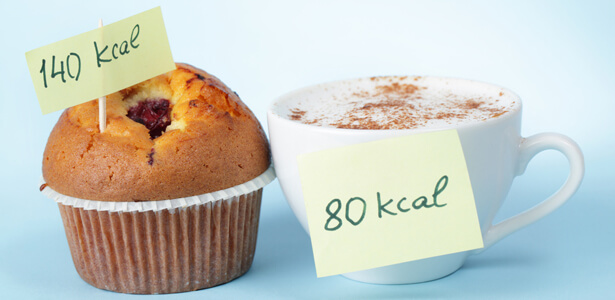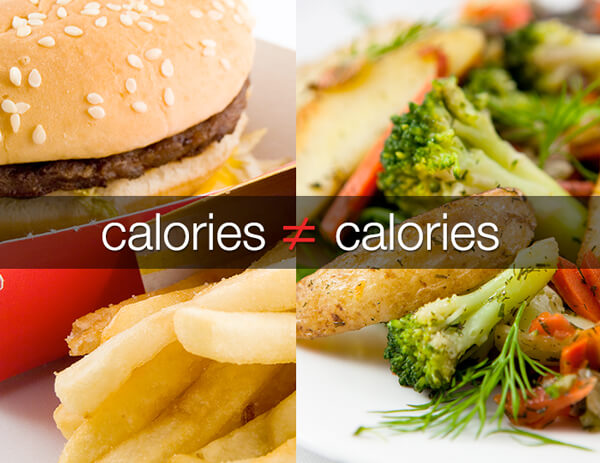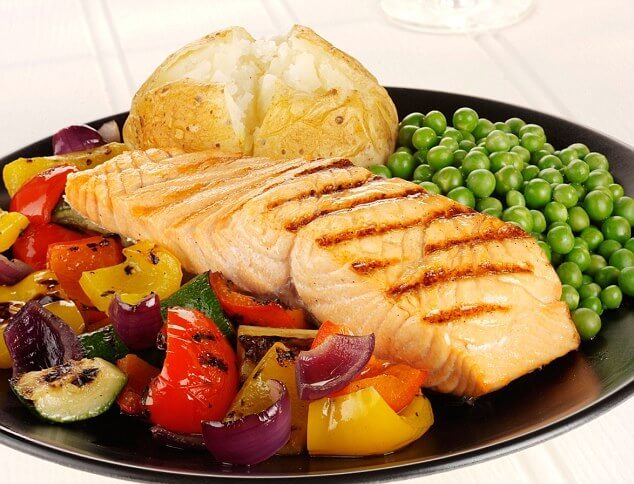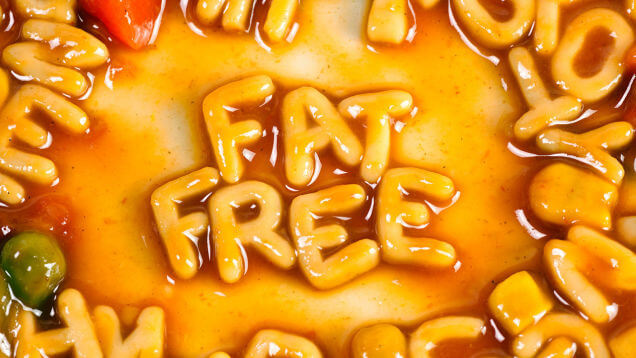Health
Old school weight loss tricks that doesn’t work!
Medically reviewed by Shanmukha Priya, M.Phil and Ph.D. in Food Science and Nutrition
An advice that says “Workout more and eat less” seems to be more convincing.
But it is worth noticing that it is not quite factual! We do clinch ourselves to munch on most-coveted cuisines and spend most of the time in fitness centres and yet, the results are utterly discouraging.
If you’re considering long-term fitness, such traditional and baseless practices affect your plans adversely.
It is important that we understand the root cause behind the problem of the weight gain than just dealing with the flabs and tyres in our body.
We have come across many clients who think it’s in their genes. Genes do play a role when it comes to metabolism. But more than the genes, it is the ineffective approach that doesn’t allow us to get sleek. Let’s deal with few myths about losing weight that we traditionally thought could transform us.
Myth 1-Eating less calories will lead to fat loss
Oh my God, counting calories! We think that keeping away from calories will make us thinner but let me tell you, it can give you only short term results on weight loss and nothing more.
Eating less will slow down your metabolism and eventually, you will gain back weight and that too, all exclusively in the form of fat.
Myth 2-All calories are equal
We try to measure all the calories in the same scale. However, the truth is no two calories are the same because the oxidation rate or rate of burning calories are different for different food types—fats, carbs and proteins.
A 100 calorie of chocolate cannot be same as 100 calories of broccoli when it comes to weight loss, as both have different impact on your hormones.
Myth 3-Eating two Big Meals each day is fine
By eating small meals throughout the day, you expedite your metabolism which helps you lose weight.
But if you have two large meals a day, your metabolism will slow down and you end up storing fat.
Myth 4-Eat fat-free foods because they are low-calorie
Most of the times fat-free foods are worse than regular foods. There is added sugar and other artificial stuff.
“Eat 3 almonds for breakfast” is most famous among the desperate souls who want to lose weight- “Nothing else, Just 3 almonds?” And came the reply “Break each almond into two pieces: so you get 6 almonds to eat.”
Now do it the right way!
Work less, eat more!
No, I am not saying that exercising is not important. Why burn calories only during workout, when you can burn more calories even without it?
It is important to not to work hard, but work smart. Any form of circuit training or interval training is superior to doing long boring cardio workouts.
In circuit training/interval training, you need to vary the pace of the workout to move your heart rate in a particular range. Also, by eating more of right foods, we ensure that we lose fat and not muscles and our metabolism remains high.
Hormones, not calories determine your weight!
Hormones control almost every aspect of how we gain weight – and how we can lose it. It also determines where we store fat (belly vs. butt).
They can be your best friends or worst enemies. The good news is that together we can create hormone-positive systems that can make you healthy and happy, no matter how old you are.
Possible replaces the old science of calorie counting with the new science of hormonal fat regulation by combining the latest scientific research in endocrinology, exercise science, nutritional biochemistry, strength and conditioning research to change your body’s weight loss physiology.
Why hormones are more important than calories
How many calories does sleep have? How about stress? Silly questions right? You can’t eat-sleep and you can’t eat-stress but they determine your weight and health.
Reason is sleep and stress determines your hormones level, which in turn determines your weight. Unfortunately, calorie model ignores these two factors along with other important factors like nutritional deficiency, gut bacteria imbalance.
How Food affects Hormones
Why is a diabetic patient advised not to eat sugar? Because sugar consumption leads to release of insulin in the body (unfortunately diabetics can’t secrete enough insulin to metabolise sugar). So, it is quite evident that food affects our hormone levels in the body.
Similar to sugar, all other foods affect some hormone or the other. Protein consumption increases glucagon and leptin, which help in losing weight. Whereas excessive refined carb consumption spikes insulin levels, which leads to storage of fat.







Hi…
Nice Information you share. Thank you.
Thank you for your feedback. Keep following our blog for more such articles.